- About UKCPN
- Focus areas
-
-
Featured challenge
-
Other focus areas
-
-
-
- Funding & opportunities
- News & insights
- Events
- Impact
When considering the environmental impact of fishing gear we also need to consider multiple factors including polymer types, ghost fishing, microplastics shed through abrasion, the longevity of polymers in fishing gear, ‘End of Life’ (EoL) and the circularity of fishing gear.
Approximately 11.5 million tonnes of plastic enter the ocean every year. Intentional or unintentional loss of fishing gear & aquaculture equipment equates to approximately 20% of marine plastic litter.
The Food and Agriculture Organisation of the United Nations (FAO) estimates that in 2020 around 58.5 million people worldwide were employed in primary fish production. 600 million people rely on the fisheries and aquaculture sector for their livelihoods.
Fishing gear is designed to be robust and to have longevity in harsh conditions. These design requirements globally impact the aquatic environment, sustainable fishing, materials circularity and human health.
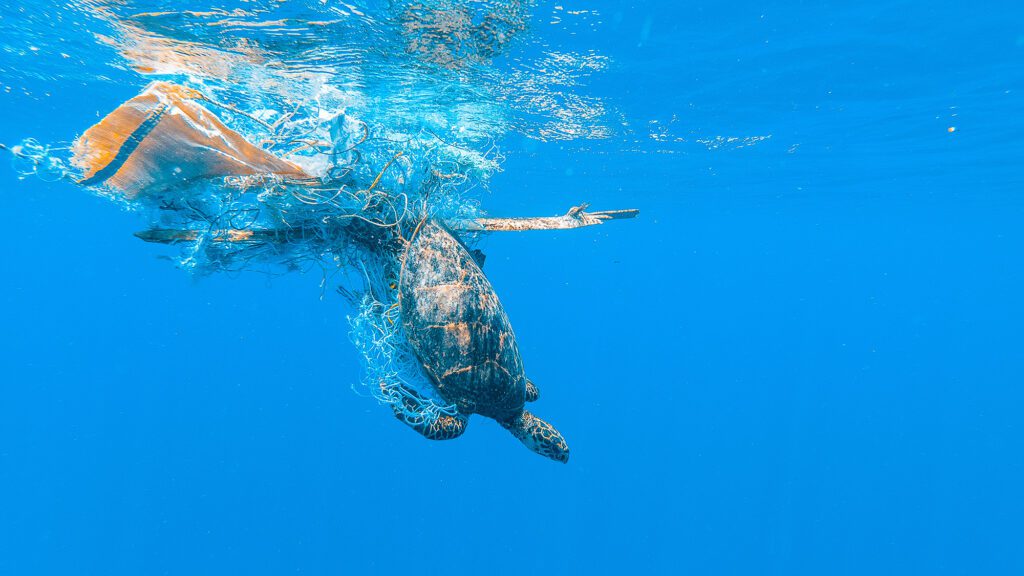
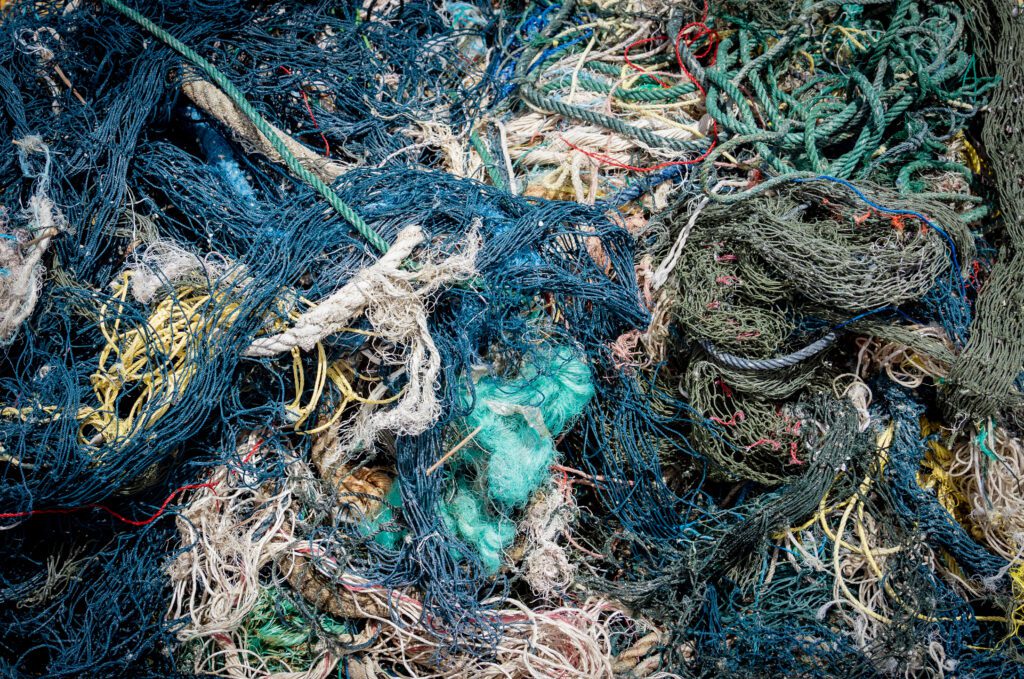
In order to redesign, reuse, recycle fishing gear and aquaculture equipment and to valorise the polymer content we need to consider:
“Within current design of fishing gear within Europe there is up to 700 different combinations of polymers Polyamide (PA), Polyester (PES), Polyethylene (PET), Polypropylene (PP), Aramid, and High-density polyethylene (HDPE) and other materials.” Read more
“Of fishing nets ready for disposal, an estimated 10% of the weight is contamination in the form of metals, floats etc.” Read more
“An OSPAR scoping study looking at best practices for the design and recycling of fishing gear as a means to reduce quantities of fishing gear found as marine litter in the North-East Atlantic is a good reference source.” Read more
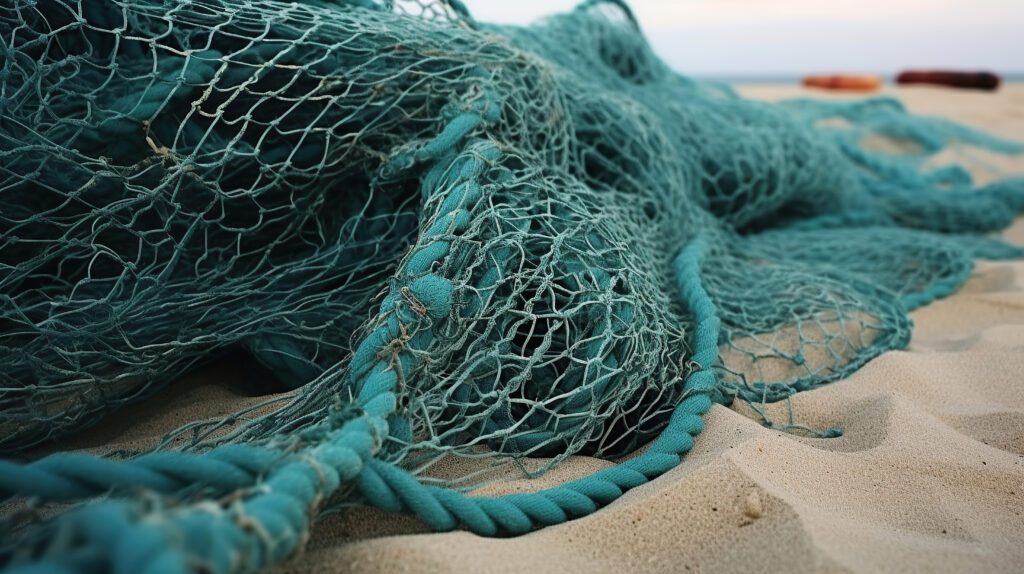
During GRIPS 2022 and GRIPS 2023 our sessions have taken a wider look at polymers in fishing gear:
These sessions have highlighted the scale of the problem, the impact of plastics in fishing gear, the challenges of collection and recycling of used fishing gear, current regulations and standards including global policy drivers for reducing ALDFG, interventions, biodegradeable alternatives and some innovative ideas and products made from recycled fishing gear.
INdiGO is an innovative Interreg project which aims to reduce plastic pollution at sea by developing biodegradable fishing nets; specifically reducing the amount of plastic in the Channel area of the UK and France.
Keep Britain Tidy and plastic processing experts Milspeed have worked together to develop the only fully UK-based trawl net recycling scheme. Until its launch, the only options were sending the nets to landfill or exporting them to Europe for recycling.
Led by The Arctic University of Norway, Dsolve research aims to reduce plastic litter and associated problems (ghost fishing, macro and microplastic) caused by the fishery and aquaculture industries. Projects include: Circularity of bio-based, biodegradable and non-degradable plastics. Led by Cecilia Askham, PhD.
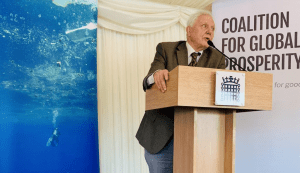

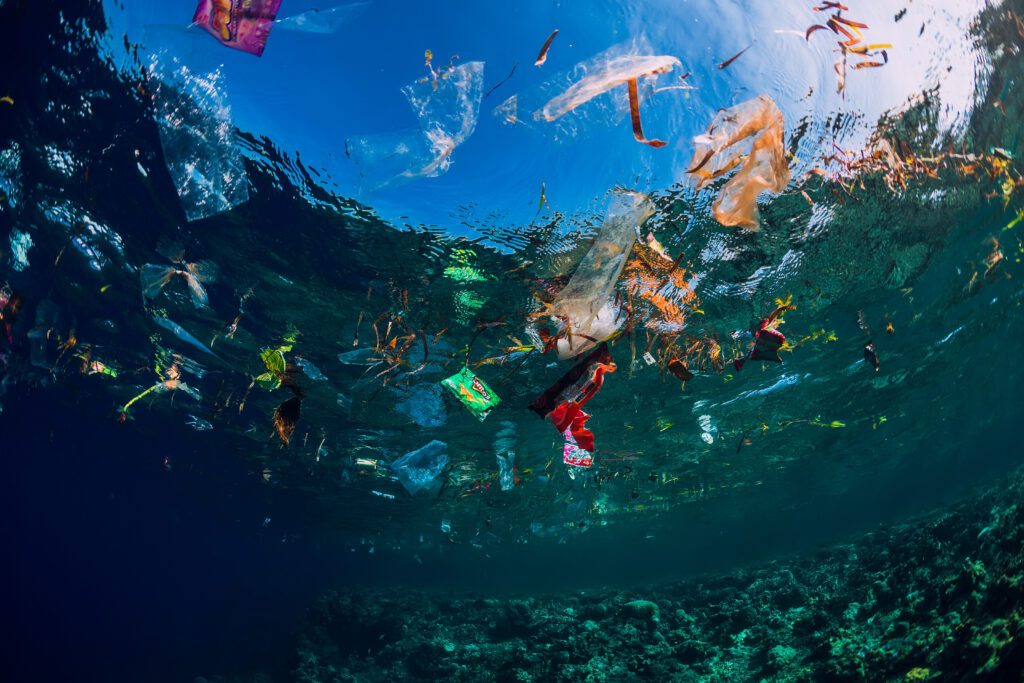



MRE 2024 is back on the 23 -24 April and marks the 10th year of Innovate UK’s flagship materials event. Our collaboration at MRE 2024 gives us the chance to explore the intersection of materials science with elastomer sustainability and innovation.



